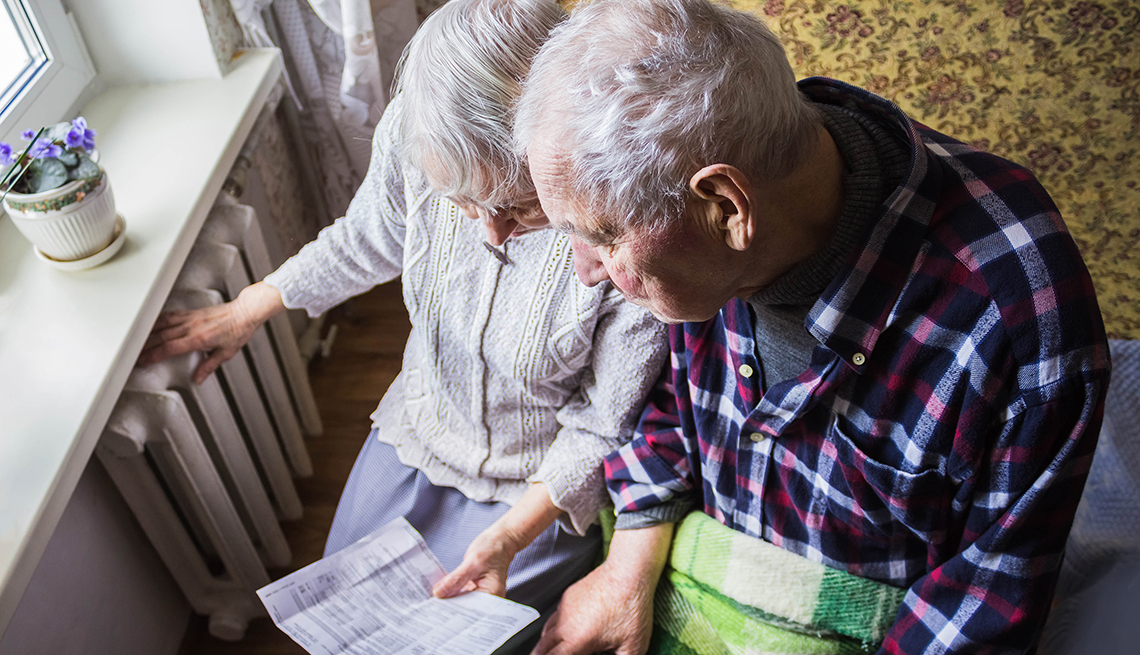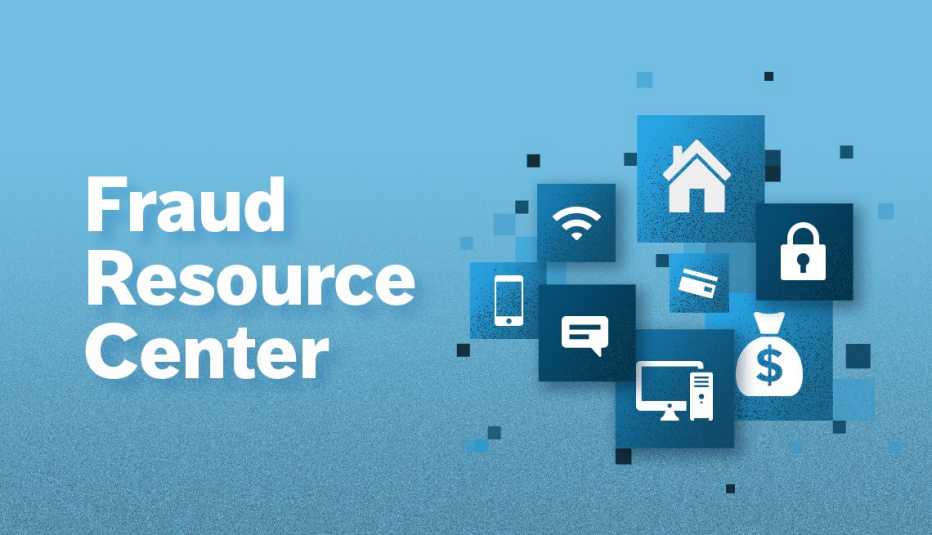Staying Fit
As temperatures drop, higher heating bills can lead to added financial stress for older adults across the country. According to the U.S. government's Energy Star program, the average American household spends more than $2,000 per year on utilities, mostly on heating and cooling costs.
Discount programs and home improvements can help you save on your utility bills in the winter and year-round. Here's what to know:


AARP Membership— $12 for your first year when you sign up for Automatic Renewal
Get instant access to members-only products and hundreds of discounts, a free second membership, and a subscription to AARP the Magazine.
The Low Income Home Energy Assistance Program (LIHEAP)
LIHEAP is a federally funded program that helps an estimated 6 million low-income households each year with heating bills. The program can also help with cooling costs in the summer.
LIHEAP assistance is typically paid directly to your utility company or fuel dealer and is intended to cover a portion — not the entirety — of your yearly heating costs. The exact amount you may receive varies by state (each state receives a different amount of funding from the government) and individual factors, such as your household size and income.
In general, the program prioritizes the households that have the highest energy costs relative to income. States can set the maximum income eligibility for LIHEAP at either 150 percent of the federal poverty level (in 2019, that's about $25,000 a year for a two-person household) or 60 percent of your state's median income. You may automatically qualify for LIHEAP if you or a family member receives benefits like Supplemental Security Income (SSI) or certain veterans benefits.
States also determine the time period during which LIHEAP applications are accepted and the specifics of the application process. Some prioritize older adults by providing an early application window for those who are 60 and older. Most states award LIHEAP assistance on a first-come, first-served basis. Once a state gives out its funds for the year, no more assistance is available (even for eligible households) until the following cycle.
Depending on your state, you may also be able to use LIHEAP funds for weatherization projects, like installing insulation, fixing leaky windows or repairing a broken furnace. LIHEAP also provides crisis assistance intended for households that have received a utility shutoff notice. Water and sewer bills are not generally covered.
For more information, contact your state or tribe's LIHEAP office. You can also call the National Energy Assistance Referral (NEAR) hotline toll-free at 866-674-6327.

































































